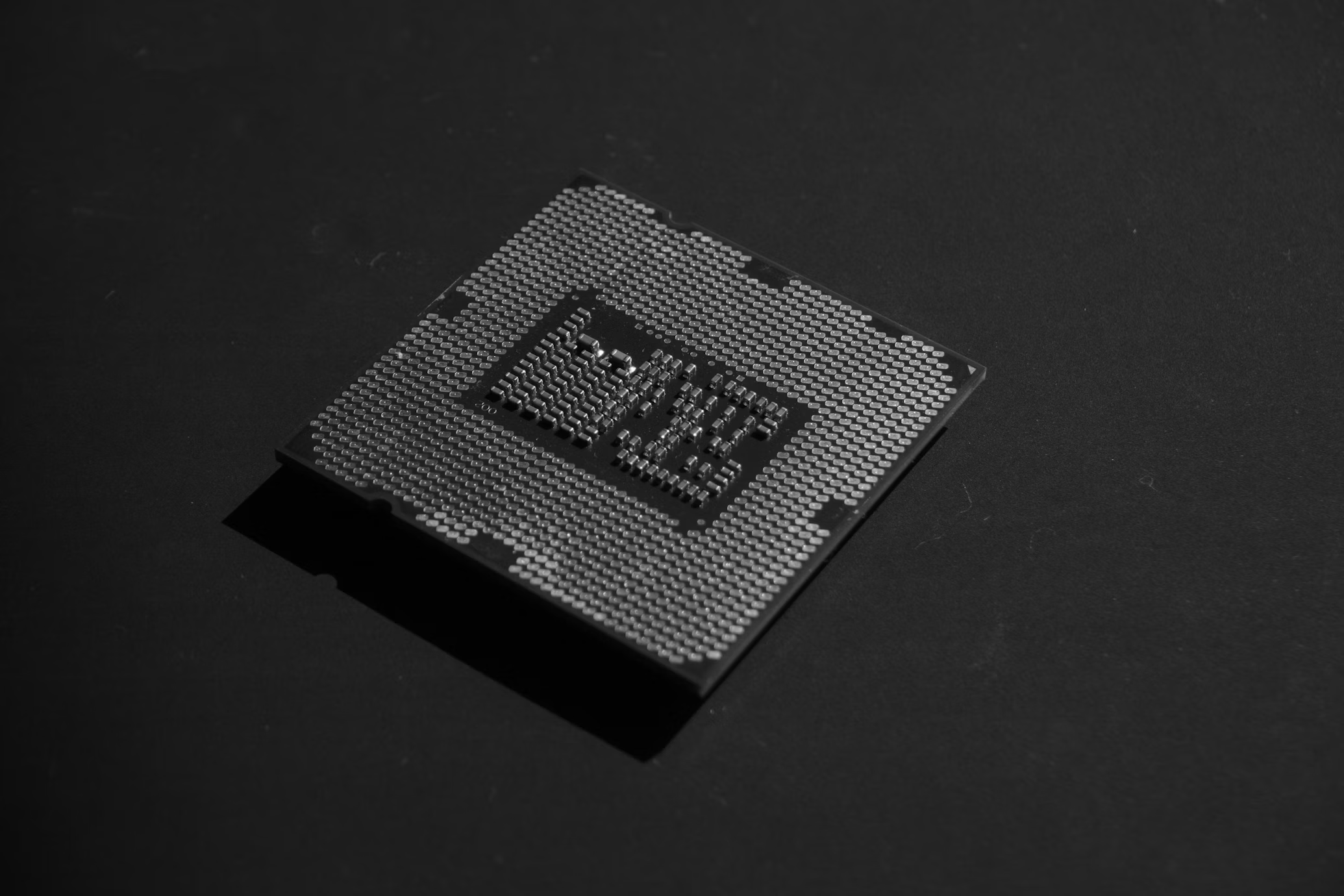Stay updated on the latest semiconductor industry developments, market trends, and technological advances affecting specialty chemical supply chains. Expert insights on fab expansions, regulatory changes, and emerging opportunities in the Asia-Pacific semiconductor ecosystem.
September 28, 2025

What Are Semiconductors?
Semiconductors are materials with electrical conductivity between that of conductors and insulators, most commonly silicon. These materials form the foundation of modern electronics by enabling precise control of electrical current flow. Through carefully engineered processes, semiconductors are transformed into integrated circuits, microprocessors, memory chips, and countless other electronic components that power everything from smartphones to supercomputers.
Manufacturing Excellence
The semiconductor manufacturing process represents one of humanity’s most sophisticated industrial achievements. Modern fabrication facilities, known as “fabs,” operate in ultra-clean environments where particles smaller than 0.1 micrometers can cause device failures. These facilities employ hundreds of precisely controlled steps including photolithography, etching, deposition, and cleaning processes to create circuits with features measuring just a few nanometers - thousands of times smaller than a human hair.
Each manufacturing step requires ultra-high purity chemicals and solvents to ensure product quality and yield. Even trace impurities at the parts-per-billion level can render chips unusable, making chemical purity and supply chain reliability critical success factors for semiconductor manufacturers.
Global Market Dynamics
The semiconductor industry generates over $500 billion in annual revenue and serves as the backbone of the global technology economy. Asia-Pacific dominates production, with Taiwan, South Korea, and China hosting the majority of advanced manufacturing capacity. Taiwan alone produces over 60% of the world’s semiconductors and more than 90% of the most advanced chips.
This geographic concentration creates both opportunities and challenges. While it enables specialized supply chains and technical expertise clusters, it also creates vulnerabilities that have driven increased focus on supply chain diversification and resilience.
Technological Evolution
Semiconductor technology continues advancing at a rapid pace, driven by demand for more powerful, efficient, and compact electronic devices. Current leading-edge processes manufacture transistors at 3-nanometer scale, with 2-nanometer technology entering production. Each new generation requires more sophisticated materials, chemicals, and manufacturing processes.
Emerging applications in artificial intelligence, electric vehicles, renewable energy, and Internet of Things devices are creating new market segments with specialized requirements. These trends drive continuous innovation in both chip design and the specialty chemicals needed for their production.
Supply Chain Complexity
Modern semiconductor manufacturing depends on a complex global supply chain encompassing raw materials, specialty chemicals, manufacturing equipment, and packaging materials. The industry requires hundreds of ultra-pure chemicals and gases, each meeting stringent specifications for purity, consistency, and reliability.
Supply chain resilience has become increasingly important as geopolitical tensions and pandemic disruptions highlighted vulnerabilities. Manufacturers are diversifying supplier bases and building strategic inventory positions for critical materials, creating opportunities for reliable chemical suppliers who can provide technical expertise and flexible service.
Future Outlook
The semiconductor industry faces unprecedented growth opportunities driven by digital transformation across all sectors of the economy. Artificial intelligence, autonomous vehicles, 5G communications, and clean energy technologies are creating sustained demand for more advanced chips.
Success in this dynamic environment requires not just technical excellence, but also supply chain agility, quality consistency, and deep customer partnerships. Companies that can provide specialized solutions, responsive service, and technical expertise will capture the greatest opportunities in this continuing revolution.
The semiconductor industry represents the convergence of materials science, precision manufacturing, and advanced chemistry - a testament to human ingenuity and the foundation for continued technological advancement.